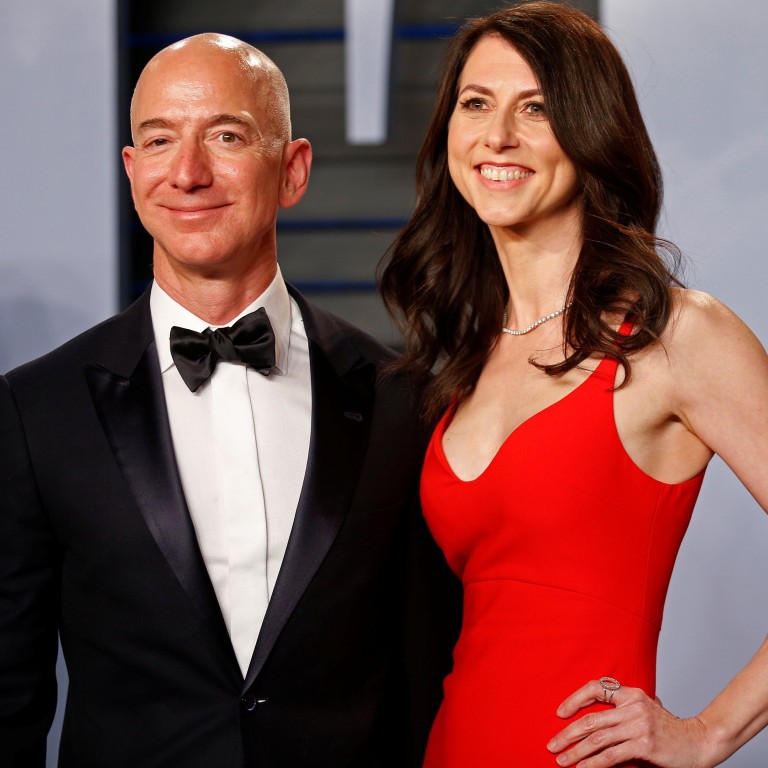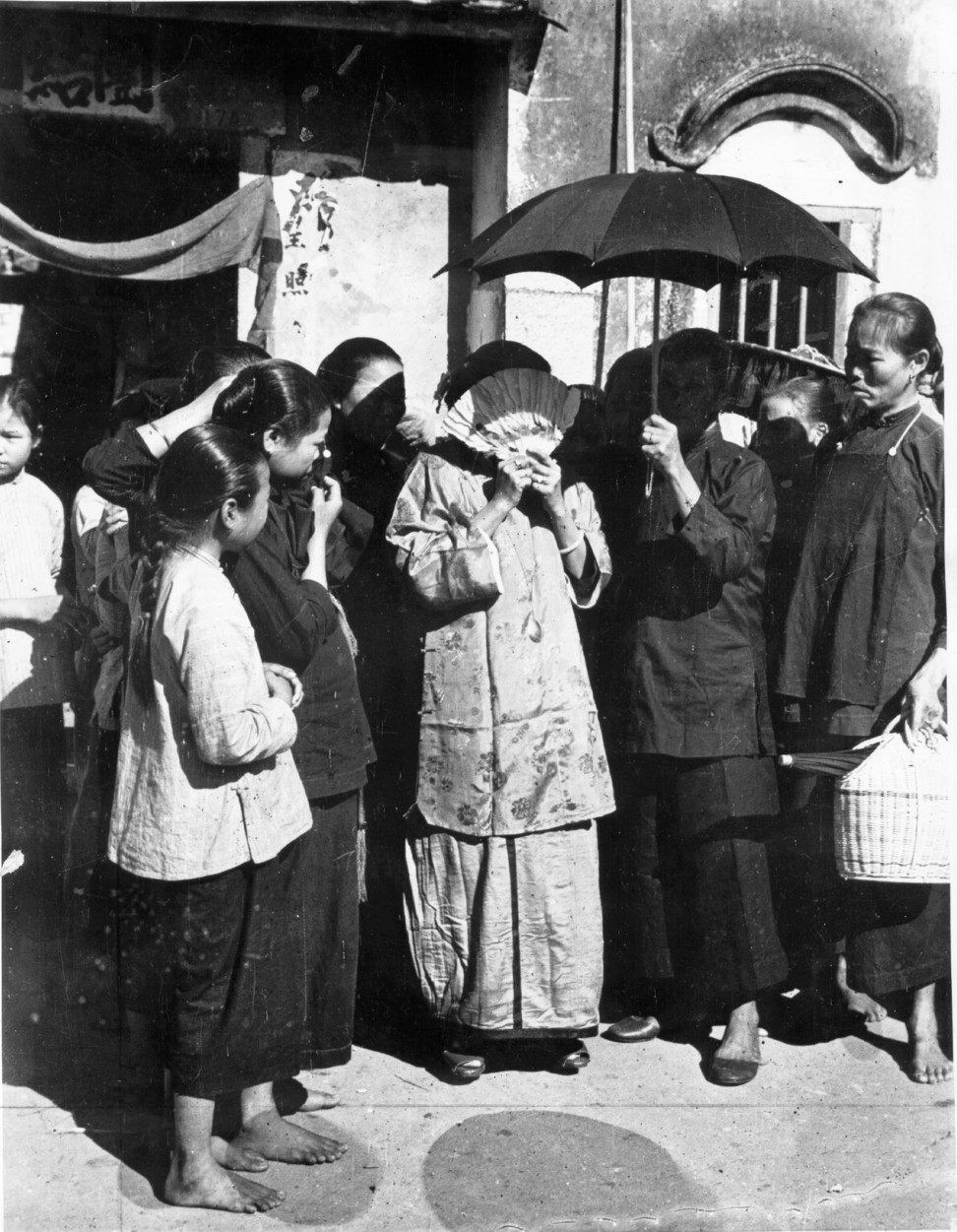
Even have-it-alls like Amazon’s Jeff Bezos and his wife MacKenzie will fail at marriage when couples don’t speak the same love language
- Bertie Wai says many modern marriages are premised on unreal expectations. When we expect one person to meet all our needs, read our minds and always put us first, it is a recipe for discontent. Nor does the prevalence of social media help
A paradox presents itself then. Why is it that deep attachments can be formed in arranged marriages between people who often didn’t even know who they were marrying, but modern marriages, riding on the promise of romantic love and the force of free choice, often splutter? Shouldn’t it be the other way round? How do we begin to understand the discrepancy in our expectations of marriage?
I wasn’t born in the era of arranged marriages, but I have mused enough about modern relationships to have a few thoughts.

In big-screen love stories or other popular narratives, romantic love is often synonymous with the quest for “the one”: the person who will make all our dreams come true and fulfil all our needs.
But this is a flimsy premise for a relationship, and it is usually a matter of time before reality comes crashing down.
Here’s why. When we think we have found the one, we knowingly or unknowingly bind them to an implicit contract where they have to act and talk like Prince or Princess Charming all the time. People often complain, “If so-and-so cares, he (or she) would have done this (or that),” because, obviously, “the one” has superpowers, including the ability to read our minds and always put us first.
When expectations are not met and couples fight, their arguments tend to be variations on the same theme: “You don’t care about me.” But what is behind each argument? For example, “You never call!” could really mean: “I want you to call and if you care about me you would.”
People assume there is a universal love language (that is, theirs), when in reality different individuals speak different love languages. A man’s love language could be: “If I love you, I will help solve your problems and give you concrete solutions,” whereas a woman’s could be: “If you love me, listen to me talk about my problems and give me a hug.”
It is a worthwhile exercise for couples to think about what behaviour communicates love, and whether each person knows the other’s love language. Someone might love you to the moon and back, but if they don’t express themselves in your love language, chances are you won’t feel loved.
A second problem is the expectations that accompany the myth of “the one”. But examine our expectations: what are the odds that one person can meet all our needs? Throughout life, our needs are an evolving landscape with hidden pathways and obscure addresses, and yet we expect someone with an inborn GPS system to pick up our secret signals and deliver a package just for us. Come to think of it, it shouldn’t be surprising many marriages end in divorce.
A third problem is the idea that if someone falls short of our expectations, we are, somehow, settling for “less”. In this digital age, when people are frequently sharing their Instagram-filtered lives on social media, the rest of us are being bombarded with images of people having the time of their lives with the love of their lives. Then we might start feeling that something is missing from our lives or that there is something unsatisfying about our relationships.
Countless romantic movies have been made about “the one” simply because it is a fantasy and fantasies sell. But there is a reason why Disney doesn’t show us what happens after Cinderella marries Prince Charming.
Dr Bertie Wai is a bilingual clinical psychologist at Beautiful Mind Therapy and Family Services in Central. She provides therapy to children, teens, adults and couples, as well as parenting consultation

